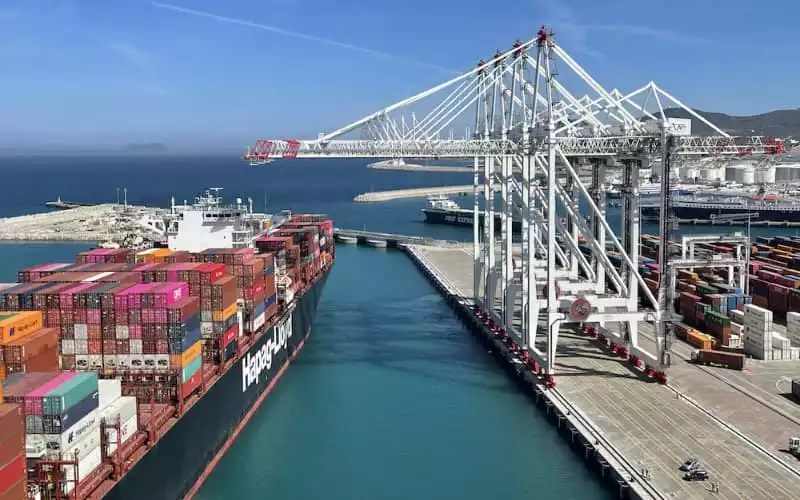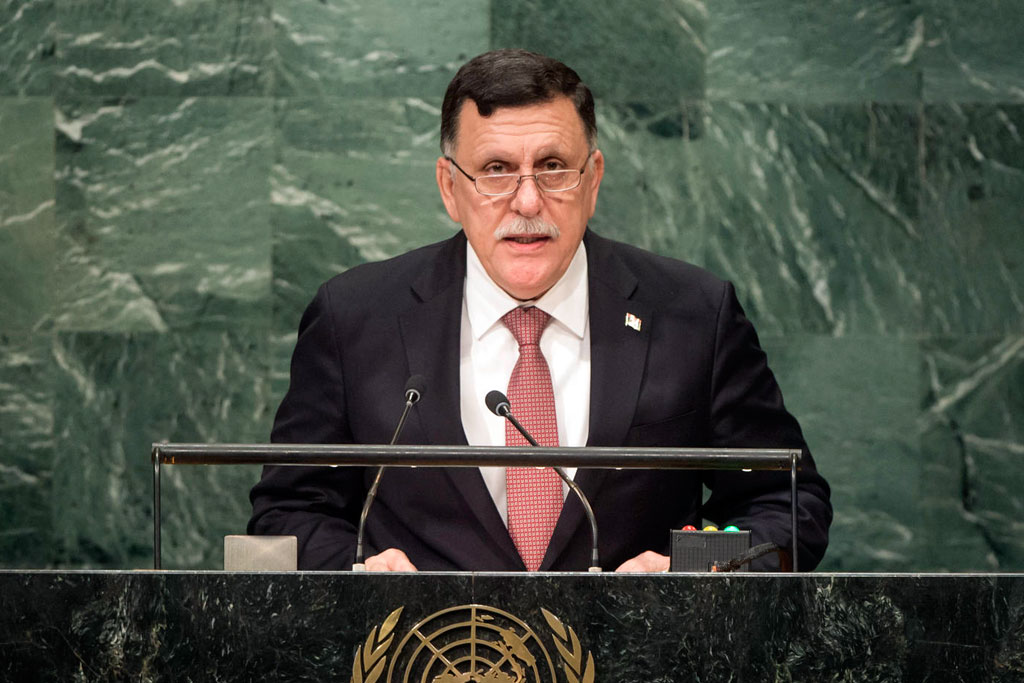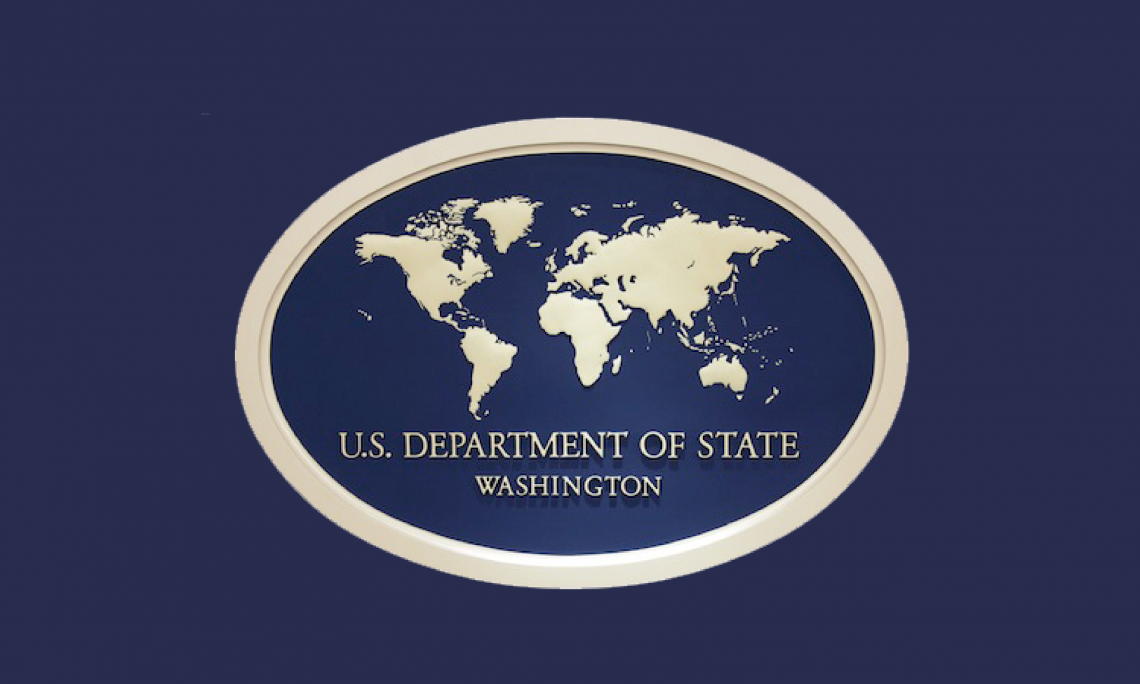In a self-defeating decision Algerian bank association (ABEF) ordered in December a ban of all transactions involving transshipment through Moroccan ports.
Few days later, in January, ABEF partly backpedaled on the decision excluding fresh produce and meat, while maintaining the ban of all transactions involving other non-perishable goods.
The boycott generated “immediate and severe consequences,” reports the Maritime Executive, a leading shipping website.
“The decision has plunged the Algerian economy into a crisis with shortages of critical imports, including meat and cereals,” it said.
“As consumer pressure mounts, ABEF has been forced to issue another directive, less than a month after the previous, with fresh instructions now to allow direct debit transactions for imports of goods, especially fresh produce and meat,” the website said.
In a country suffering import restrictions and a shortage of basic goods due to its reliance on imported foodstuff, the ABEF had to retract saying: “Through this letter, you (ABEF members) are kindly asked to reinstate your services, and proceed with the domiciliation of all import operations of products, in particular those perishable and whose date of embarkation on board vessels is prior to 10 January 2024.”
The boycott move was aimed at Tanger Med, “a massive container hub for international trade,” reports the Maritime Executive.
The ban led major shipping lines such as Maersk and CMA and CGM to replace Tanger Med as the transshipment port serving Algerian ports, instead opting for the ports of Algeciras and Valencia.
“Bypassing Moroccan ports would increase the cost of transportation and delivery time. This would eventually impact the prices of key commodities in the Algerian markets,” the Maritime Executive said, citing analysts.
Moroccan analysts have pointed to the derisory trade between the two countries and that the ban would not affect Tanger Med, already the largest in the Mediterranean with 8.6 million containers or TEUs processed last year, up 13%.



